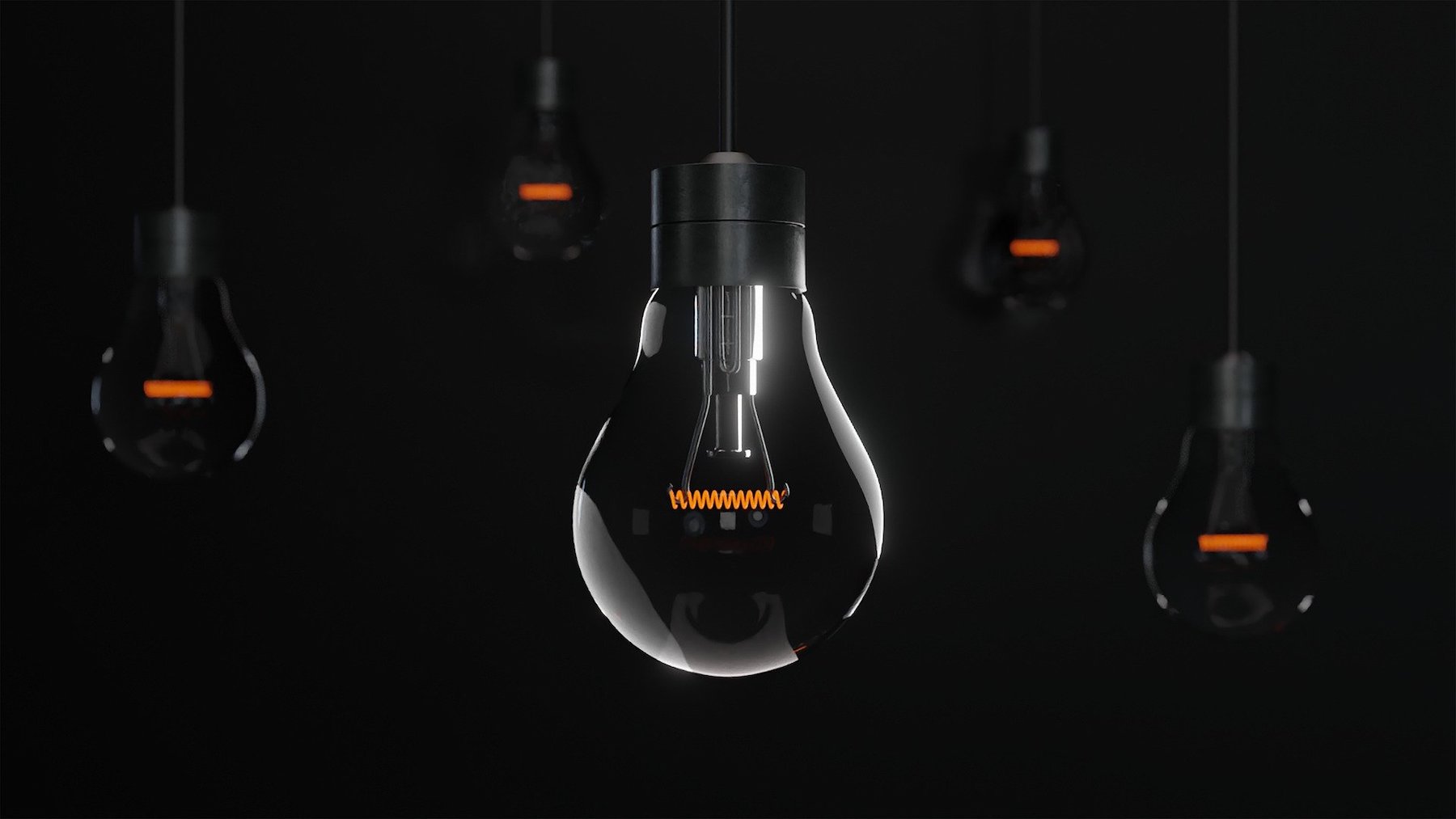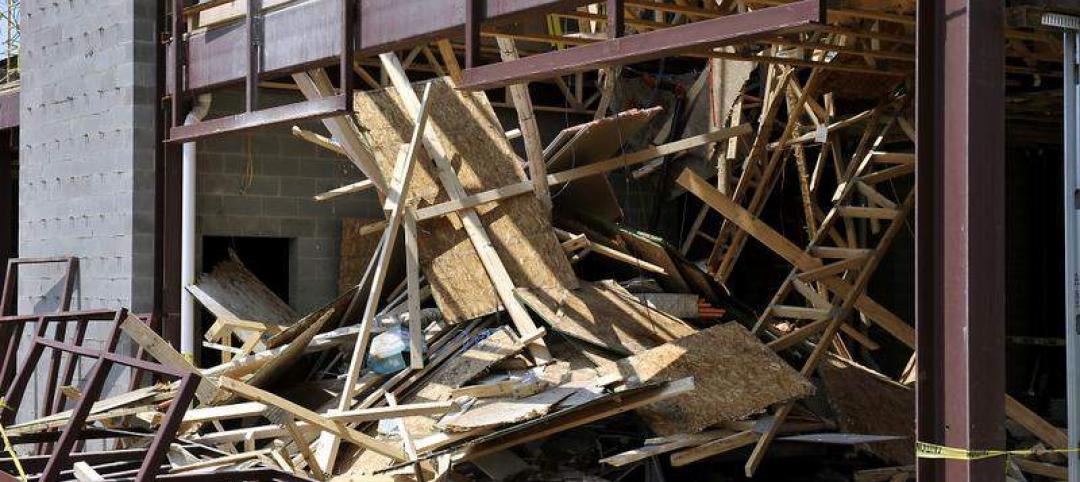The U.S. Dept. of Energy has awarded a total of $32 million for more than 30 next-generation building retrofit projects that will dramatically improve affordable housing technologies, according to a DOE news release.
Seven organizations will use the money to test renovation techniques that reduce disruption to tenants while upgrading the energy and environmental performance of buildings more quickly, affordably, and effectively, the release says. The techniques, such as prefabricating walls and drop-in replacements for heating, cooling, and hot water systems, can “revolutionize construction and renovation.”
They can also help decarbonize America’s 130 million buildings at the rate needed to address the climate crisis and meet President Biden’s goals of a net zero carbon economy by 2050, the release says. The projects are intended to drive the development of new technologies, practices, and approaches, and ensure these efficient and low-carbon innovations are widely deployed.
The awards will be used to implement numerous materials including prefabricated, super-insulated wall retrofit panel blocks, a wall system with vacuum insulated panels, a heat pump pod, a solar photovoltaic-integrated multi-functional heat pump system for space and water heating, and software tools to properly size and install retrofit packages. The selected organizations will also advance DOE’s Advanced Building Construction Collaborative, which connects companies working in prefabricated, modular, and other industrialized construction techniques with building owners, developers, financiers, utilities, and researchers to modernize the construction industry and buildings sector.
Related Stories
| Sep 26, 2012
Automatic budget cuts in January would slash federal agencies' construction budgets
Sequestration, or the implementation of automatic budget cuts as of January 2013, would slash government agencies' already reduced construction budgets further, and require agencies to shelve some repair and maintenance projects.
| Sep 26, 2012
Investment in greener data centers to reach $45 billion by 2016
Investment in data centers built to green standards will increase from the $17.1 billion predicted for this year to $45 billion by 2016, according to Pike Research.
| Sep 26, 2012
OSHA fines on fall-protection violations challenged by New York contractor
A New York masonry contractor is contesting an OccupationalSafety and Health Administration $136,290 fine for violations of fall-protection standards.a
| Sep 26, 2012
Construction workplace deaths decline nearly 7% in 2011
There were 721 construction-workplace deaths in 2011, according to the Bureau of Labor Statistics, down 6.8% from 2010.
| Sep 26, 2012
Contractors save $9 billion due to revised California emissions rule
The California Air Resources Board made changes to a rule limiting off-road diesel emissions that could result in contractors saving about $9 billion.
| Sep 20, 2012
Smithtown, N.Y. considers bigger fines for building code violations
After a Suffolk County grand jury recommended stiffer fines for illegal demolitions, Smithtown, NY officials are weighing tougher penalties for developers who violate the town building code.
| Sep 20, 2012
AGC awarded federal grant to provide fall-protection safety program
The Associated General Contractors of America will continue to provide fall protection safety training next year after being awarded a federal safety grant.
| Sep 20, 2012
East Lansing officials accused of ignoring unauthorized project that led to partial building collapse
The unauthorized construction of a fifth-floor penthouse on a downtown East Lansing, Mich. mixed-use development led to a partial building collapse earlier this year.
| Sep 20, 2012
Reflective roofs could reduce rainfall in Arizona
Green standards may have to take into account the impact of reflective roofs on rainfall in the desert Southwest.
| Sep 20, 2012
Earth Advantage Institute offers green certification for small commercial buildings
Earth Advantage Institute announced a new green building certification aimed at new or substantially remodeled small commercial buildings built to green standards.

















